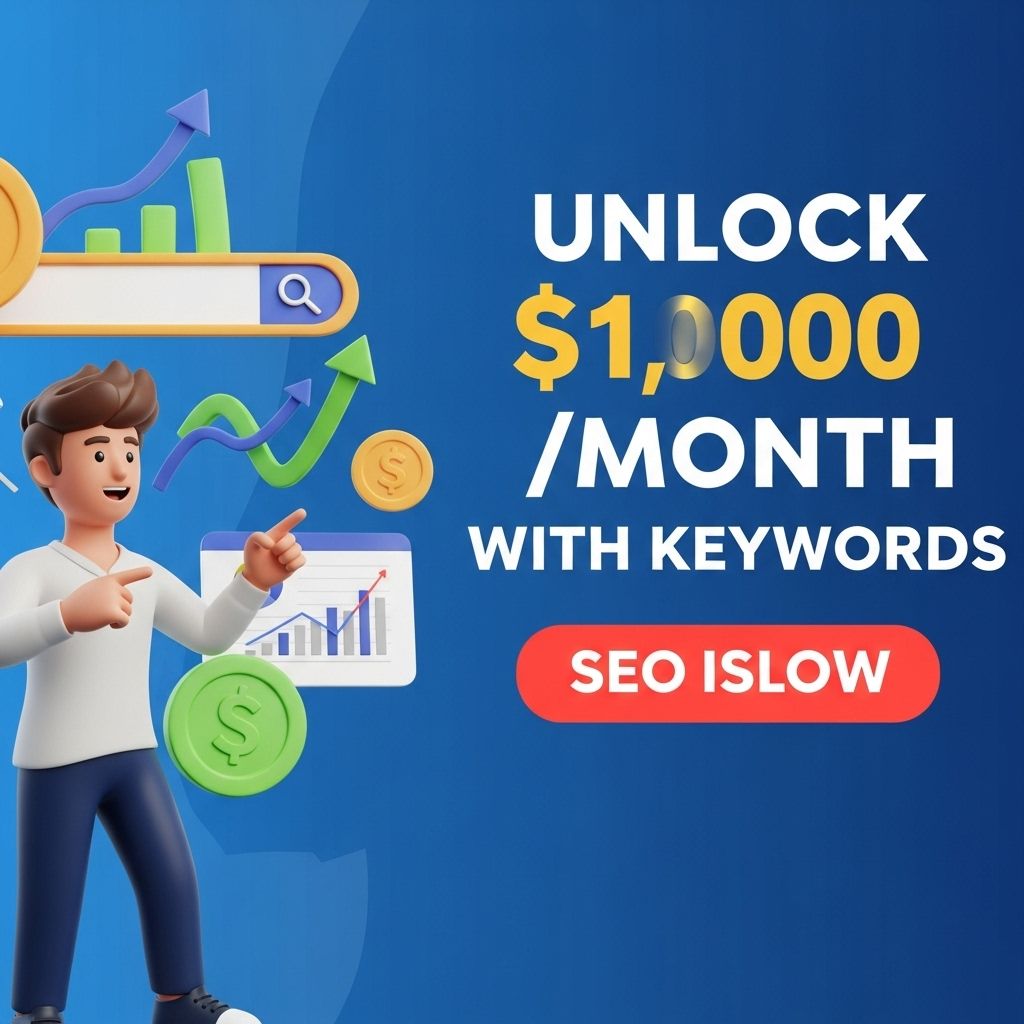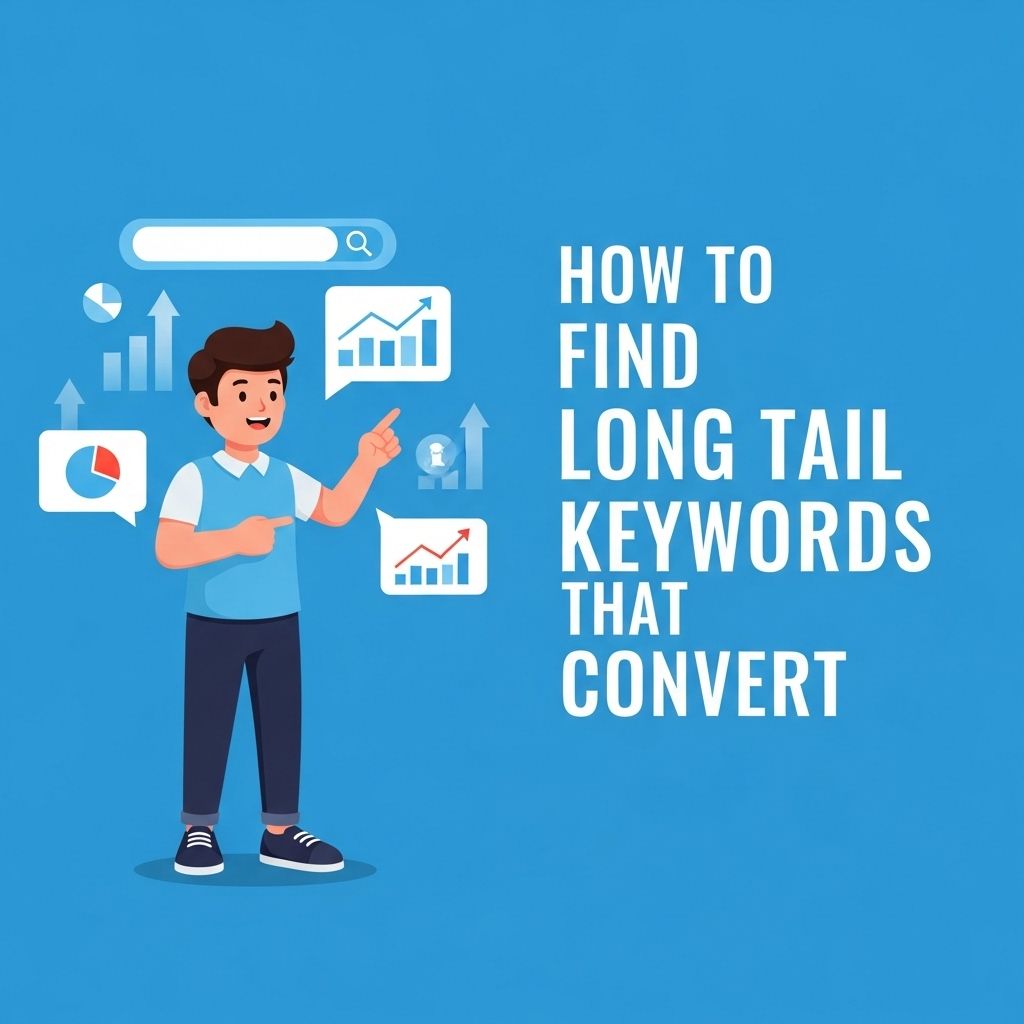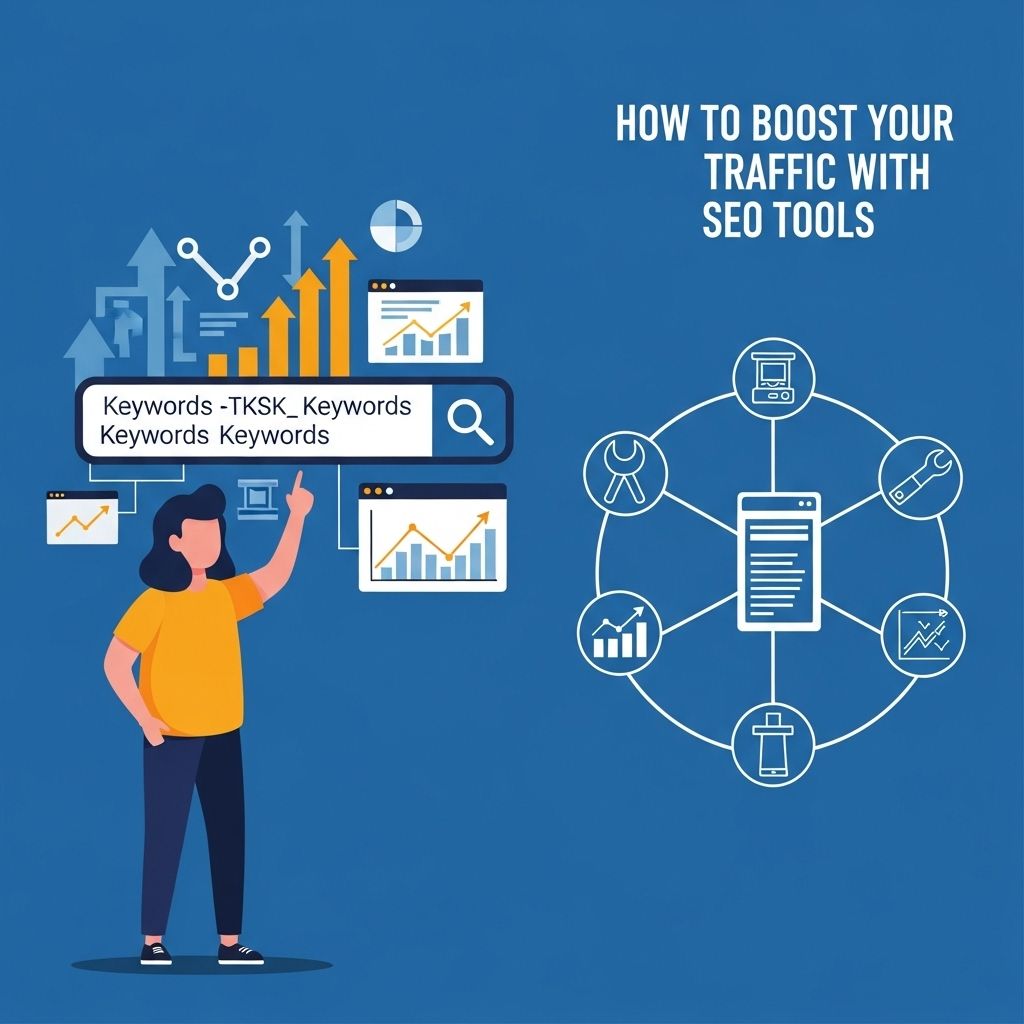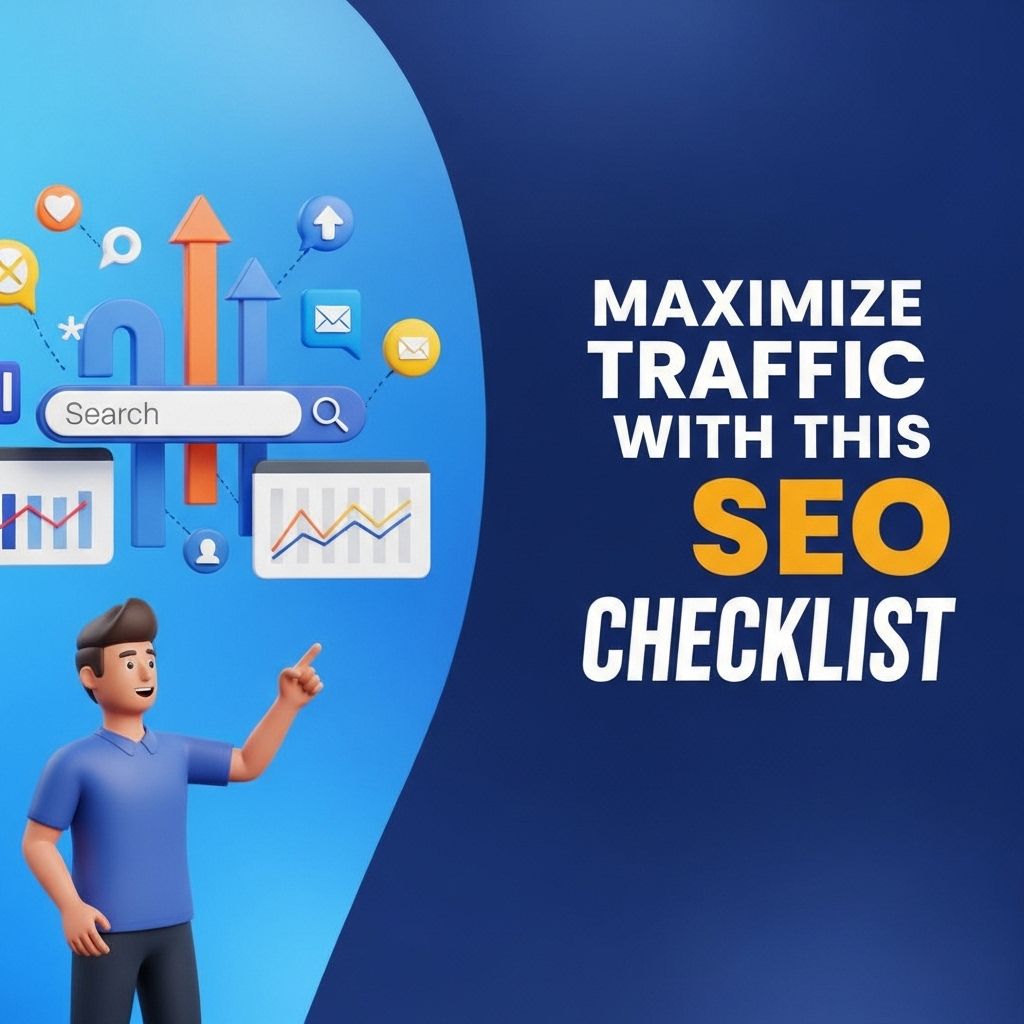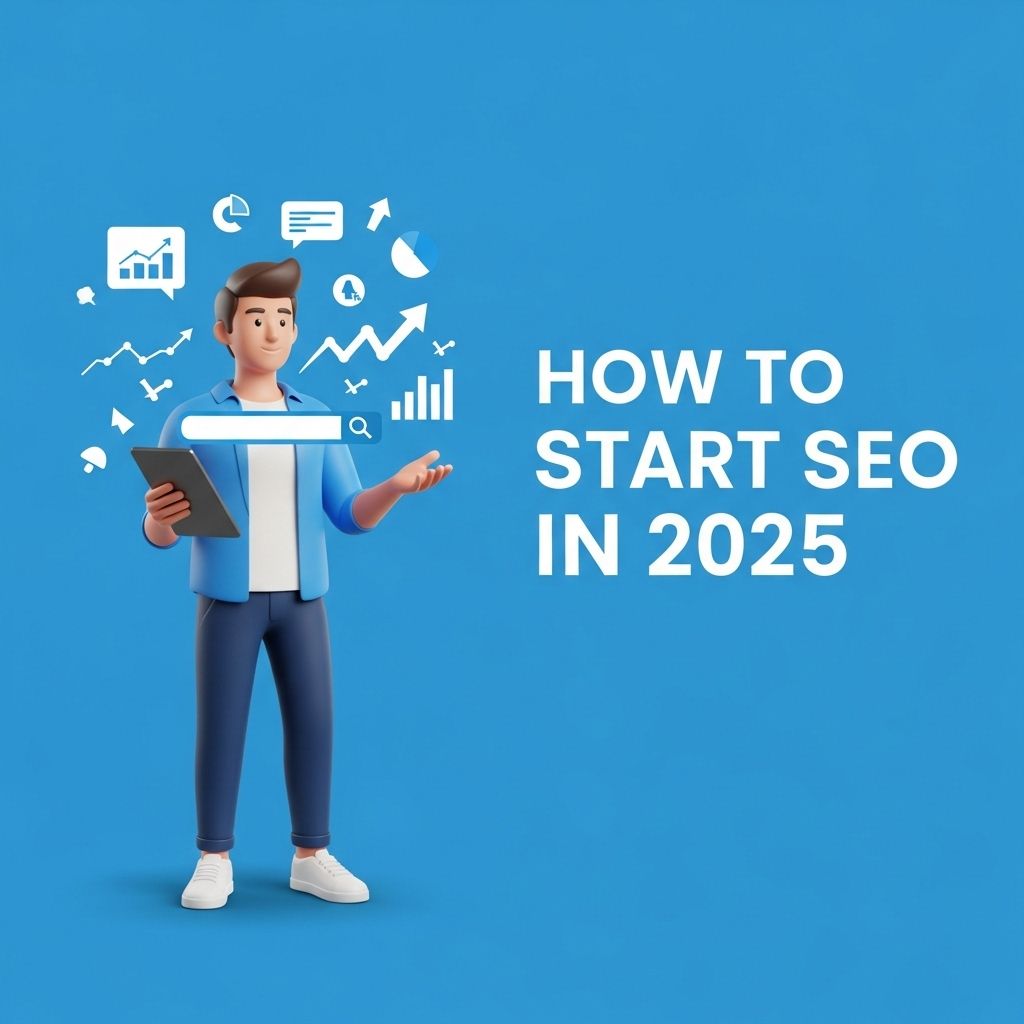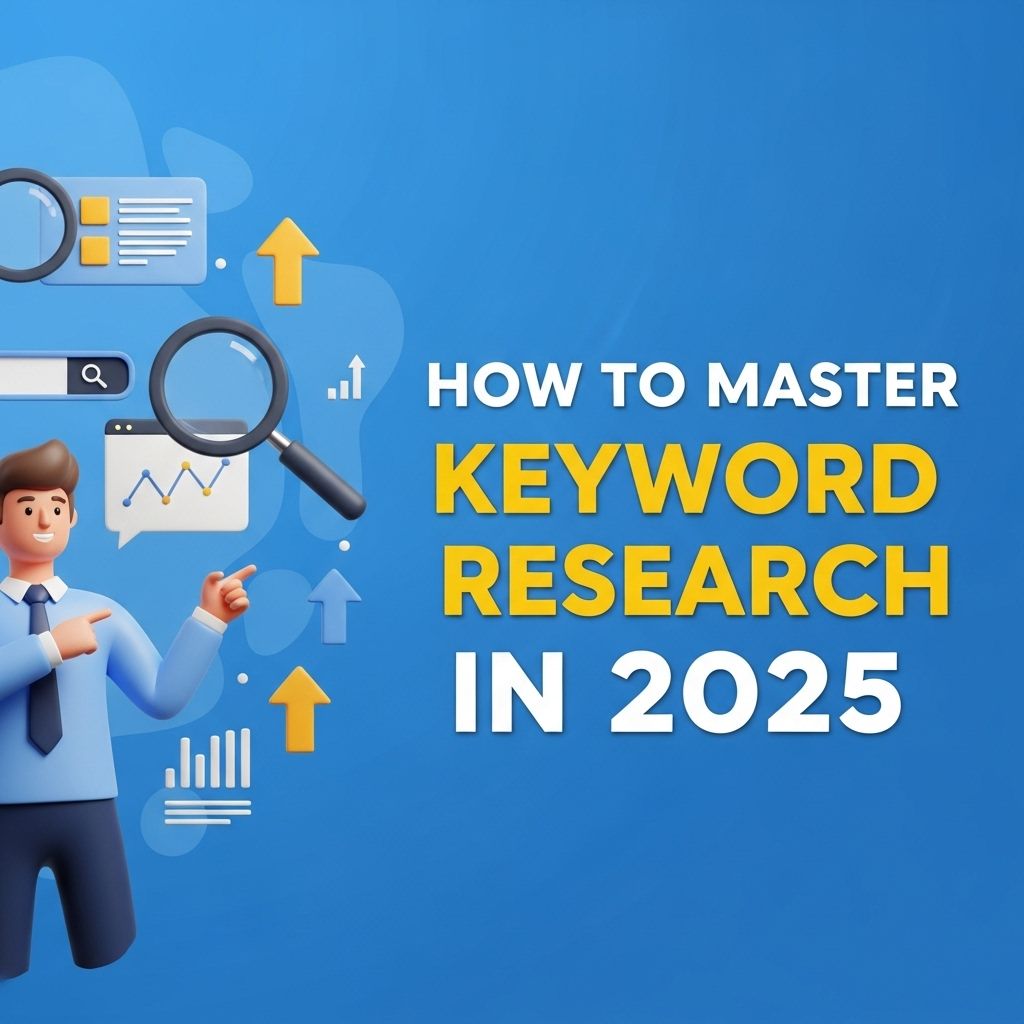Streamline Your SEO Briefs with AI Innovations
Discover how AI innovations can enhance and streamline your SEO briefs, making your workflow more efficient and effective.
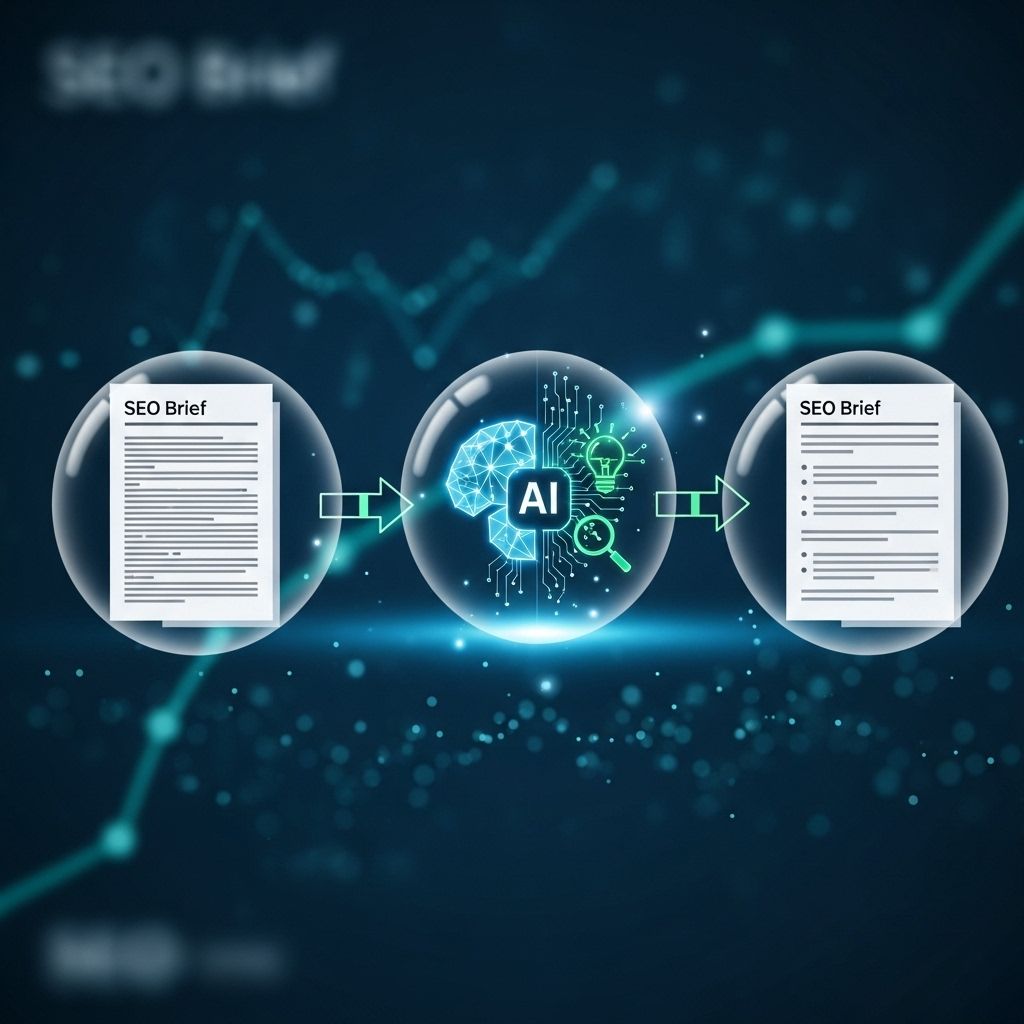
In today’s digital landscape, the importance of Search Engine Optimization (SEO) cannot be overstated. With fierce competition for online visibility, marketers and content creators are continually searching for innovative ways to improve their SEO strategies. Enter Artificial Intelligence (AI), a game-changing technology that is reshaping how SEO briefs are created and executed. By leveraging AI innovations, businesses can streamline their SEO processes, enhance keyword research, and produce compelling content that resonates with their target audiences.
In an era where digital presence is paramount, streamlining your SEO briefs with AI innovations can enhance efficiency and strategy. By leveraging advanced tools, you can optimize content creation, making it more aligned with search engine algorithms. For added visual appeal in your presentations, see how to use 3D mockups effectively to showcase your branding.
Table of Contents
The Evolution of SEO Briefs
SEO briefs have traditionally been structured documents outlining the essential components needed for optimizing a piece of content. These briefs typically include keyword suggestions, content recommendations, and performance metrics. However, the increasing complexity of search engine algorithms and user behavior necessitates a more dynamic approach.
Traditional vs. AI-Driven SEO Briefs
| Aspect | Traditional SEO Briefs | AI-Driven SEO Briefs |
|---|---|---|
| Data Analysis | Manual research and analysis | Automated insights and predictions |
| Keyword Research | Time-consuming keyword hunting | Instant keyword suggestions based on trends |
| Content Recommendations | Static guidelines | Dynamic content suggestions based on real-time data |
| Performance Tracking | Periodic reviews | Continuous performance monitoring |
How AI Enhances Keyword Research
Keyword research is the cornerstone of successful SEO, and AI technologies are revolutionizing this critical phase. With the ability to analyze vast amounts of data in seconds, AI tools can uncover insights that would take a human researcher days or weeks to find.
Benefits of AI in Keyword Research
- Trend Analysis: AI algorithms can identify emerging trends in search queries, allowing marketers to adjust their strategies proactively.
- Competitor Analysis: AI tools can monitor competitor keywords and strategies, providing valuable insights into what works in your niche.
- Long-Tail Keywords: AI can suggest long-tail keywords that are often overlooked but can drive significant traffic.
Creating Engaging Content with AI
Once keyword research is complete, the next step is crafting content that ranks well while also engaging readers. AI can assist in generating high-quality content that aligns with SEO best practices.
Content Generation and Optimization
- Content Outline Creation: AI can quickly generate outlines based on selected keywords and topics, ensuring comprehensive coverage of the subject matter.
- SEO Optimization: AI tools can analyze existing content and suggest optimizations, such as better headlines, keyword placements, and meta descriptions.
- Readability Enhancement: AI can assess readability scores and recommend changes to improve the clarity and engagement of the content.
Utilizing AI for Content Performance Measurement
Measuring the effectiveness of your SEO efforts is crucial for continuous improvement. AI can facilitate this process by providing real-time analytics and insights.
Key Metrics to Monitor
- Organic Traffic: Track the number of visitors coming from search engines.
- Bounce Rate: Measure the percentage of visitors who leave after viewing only one page.
- Conversion Rate: Determine how many visitors take a desired action, such as signing up for a newsletter or making a purchase.
AI-Driven Analytics Tools
Several AI-driven analytics tools are available that can help streamline performance measurement:
| Tool | Description |
|---|---|
| Google Analytics 4 | Offers powerful insights into user behavior and traffic sources. |
| SEMrush | Provides comprehensive SEO analysis, including keyword tracking and competitor analysis. |
| Ahrefs | Focuses on backlink analysis and SEO performance metrics. |
| MarketMuse | Utilizes AI to suggest content improvements and identify content gaps. |
Challenges and Considerations
While AI presents tremendous opportunities for enhancing SEO briefs, there are also challenges to consider:
- Quality of Data: The effectiveness of AI tools relies heavily on the quality of the data they analyze.
- Algorithm Changes: Search engine algorithms are frequently updated, which can affect the effectiveness of AI-driven strategies.
- Human Oversight: AI should complement, not replace, human creativity and intuition in the content creation process.
Conclusion
AI innovations are transforming the way SEO briefs are created and executed. By streamlining keyword research, enhancing content creation, and improving performance measurement, businesses can gain a competitive edge in the digital marketplace. As the technology continues to evolve, organizations that embrace AI will be better positioned to adapt to changing trends and maximize their online presence.
FAQ
How can AI streamline my SEO briefs?
AI can analyze keyword trends, competitor strategies, and content performance, allowing you to create more effective SEO briefs in less time.
What are the benefits of using AI for SEO content optimization?
AI helps identify high-performing keywords, suggests content improvements, and predicts user intent, enhancing your content’s relevance and visibility.
Can AI tools help with keyword research for SEO?
Yes, AI tools can process vast amounts of data to uncover valuable keywords that are relevant to your audience and industry, improving your SEO strategy.
Are there AI tools specifically designed for SEO?
Absolutely! There are numerous AI-powered SEO tools available that assist with tasks like content creation, keyword analysis, and backlink tracking.
How does AI improve the efficiency of SEO campaigns?
AI automates repetitive tasks, provides real-time insights, and optimizes content strategies, allowing marketers to focus on creative and strategic aspects of SEO.
Is AI technology reliable for SEO strategies?
Yes, AI technology is increasingly reliable and effective for SEO strategies, as it continuously learns and adapts to changing algorithms and user behavior.

